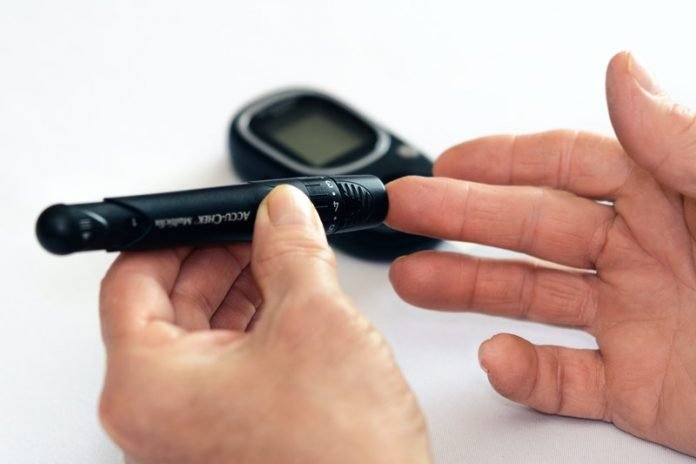
In a new study from the University of Edinburgh, researchers found around one in twenty people in Scotland diagnosed with type 2 diabetes achieve remission from the disease.
This suggests people are achieving remission outside of research trials and without bariatric surgery.
Recognizing individuals in remission, following their progress, and better understanding the factors involved in remission could lead to improved initiatives to help others.
There were an estimated 463 million people with diabetes in the world in 2019, of whom 90-95% have type 2 diabetes, and these numbers are rising due to aging populations, growing obesity and sedentary lifestyles.
Some people with type 2 diabetes have achieved remission after bariatric surgery, or after taking part in a research trial of a very low-calorie diet.
In the study, the team used a national register of people with type 2 diabetes in Scotland.
Among 162,316 patients aged over 30 years who were eligible for the analysis, 7,710—around 5%—were in remission in 2019.
Individuals in remission tend to have not previously taken glucose-lowering medication; have lost weight since their diagnosis; be older; have lower blood sugar levels at diagnosis, or have had bariatric surgery.
Understanding how many individuals are in remission, as well as their characteristics, creates a baseline against which to evaluate future initiatives and studies.
It could also help clinicians identify patients with whom to discuss remission and weight management options.
The team says this is higher than expected and indicates a need for updated guidelines to support clinicians in recognizing and supporting these individuals.
If you care about diabetes, please read studies about whole body vibration could help reduce inflammation in diabetes and findings of this medicine could help people with diabetes lose weight, reduce HbA1c.
For more information about diabetes and your health, please see recent studies about the real cause of inflammation in type 2 diabetes and results showing that walking before dinner cannot lower blood sugar in people with type 2 diabetes.
The study is published in PLOS Medicine. One author of the study is Mireille Captieux.
Copyright © 2021 Knowridge Science Report. All rights reserved.



